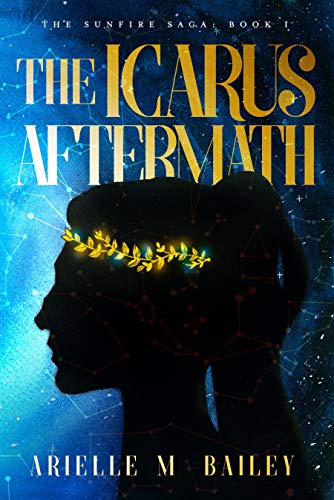
Laughter in Paradise (1951)
An eccentric millionaire known for his elaborate practical jokes dies and leaves his fortune divided among four relatives…but with extraordinary conditions attached before they can claim their inheritance. Each one is given a ridiculous task to perform, which is slyly aimed at their biggest flaw or weakness, and hilarity ensues as they try to carry them out. Every one of the four storylines is funny, but unsurprisingly it’s Alastair Sim who steals the film, as a retired naval officer who secretly writes pulp thrillers under an array of pen names, whose “task” is to get arrested—his woes and antics as he blunders around London attempting to commit a “very gentlemanly sort of crime” are priceless. I also liked John Laurie as a peppery hypochondriac who hires a detective to find out why his new maid (another one of the legatees) is behaving so strangely.

Poirot, Seasons 1-6 (1989-1996)
I was a little skeptical going into this series, and it does go through a few slightly lackluster episodes in the first season before finding its feet, but by the end of the much stronger second season I was completely won over. Adaptations from Christie’s stories over the first six seasons range from okay to excellent; David Suchet brings Hercule Poirot to life in absolutely inimitable fashion, and his chemistry with the also excellent recurring characters of Captain Hastings, Inspector Japp, and Miss Lemon is wonderful; the vintage fashions and cars and English scenery are a delight to look at. Only a few minor skips for content were necessary, which was nice (I believe we only omitted about two episodes in total for content reasons).

The Million Pound Note (1954)
This was a movie that I had absolutely never heard of, but turned out to be charming. Henry Adams, an out-of-work American in London, is given a loan by two eccentric elderly brothers who have made a bet on the result—a loan of a banknote worth one million pounds. Everyone who sees it assumes that Adams himself must be an eccentric millionaire, and all fall over each other offering him accommodations, meals, clothes, and all sorts of luxuries on credit. His good fortune comes with complications, however, as he mixes in high society and falls in love. Lovely color filming, amusing scenarios, and loads of familiar British character actors doing their bit (watch for a young Joan Hickson, a.k.a. Miss Marple, as a restaurant proprietress!) made this great fun.

The Good Fairy (1935)
In a plot that’s too hilariously absurd to try and summarize, a naive, slightly ditzy orphan girl who wants to “be a good fairy” to someone in need persuades a wealthy man who is trying to pursue her to make the fortune of a struggling lawyer…by pretending she’s the lawyer’s wife. Unsurprisingly, wild complications ensue. This is another one that made me laugh to tears!

Sarah, Plain and Tall (1991)
This adaptation turns a very simple children’s book, about a widowed prairie farmer’s family and the strong-willed woman from Maine who comes west to visit and possibly become his mail-order bride, into a moving family drama. Really lovely and well-done.
Runners-up: The Man in the White Suit (1951), The Holly and the Ivy (1952), The Moving Finger (1985), At Bertram’s Hotel (1987), David Copperfield (1999), Little Women (1994).











